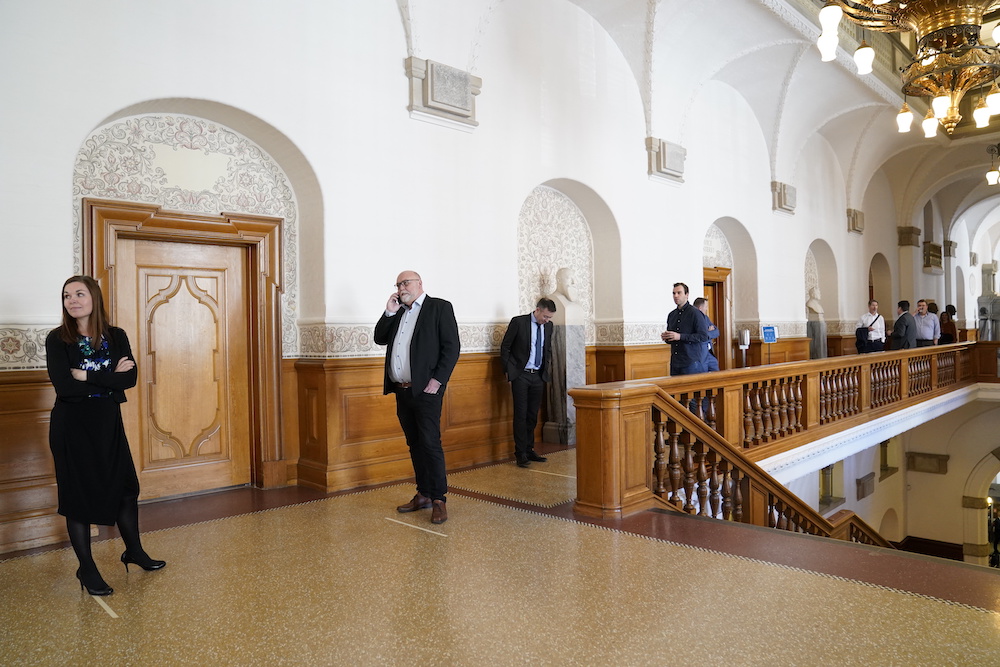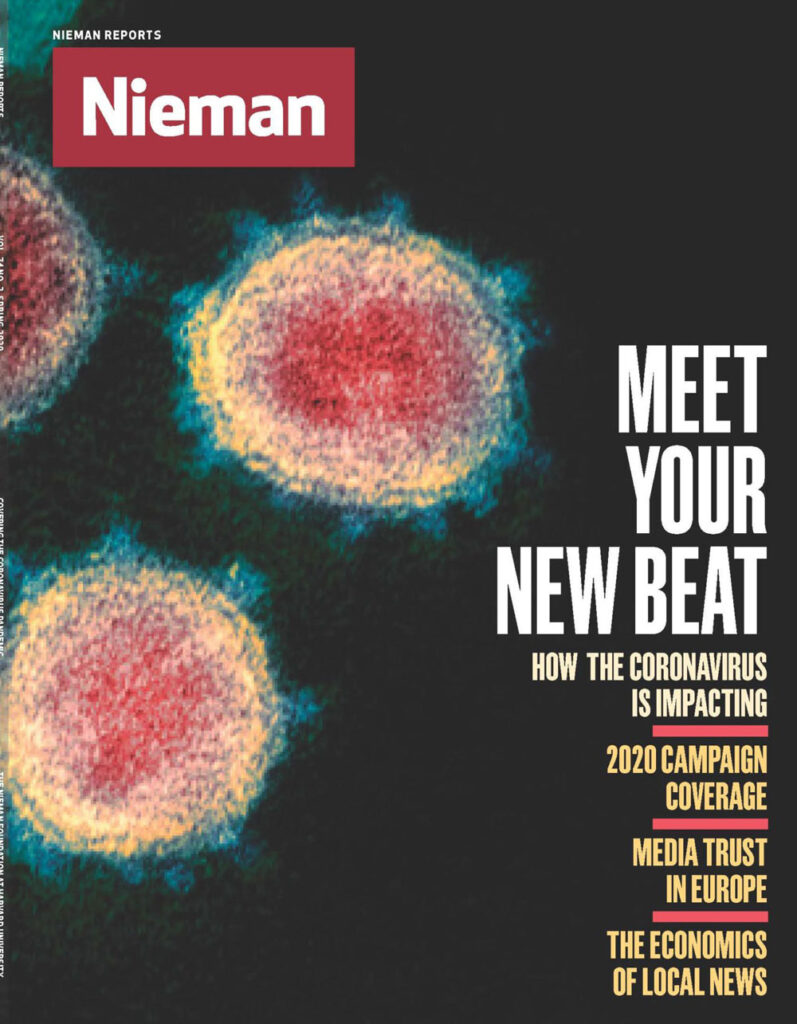The impact of the crisis on the news media was handled with the same governmental determination.
After a few days of hesitation, while demands for action to support the media grew louder in parliament, Minister of Culture Joy Mogensen announced a rescue plan. The government would subsidize publishers’ lost advertising revenue: 60 percent of losses would be reimbursed for publishers that could document a 30 to 50 percent decline in ad revenues, 80 percent for outlets reporting a decline of more than half. Parliament immediately backed the plan.
Local, regional, and national newspapers, magazines, niche publications, and commercial radio channels are now preparing to track how much their advertising revenues are falling. They will compare revenue from the three months beginning March 9 with the average monthly revenue in 2019. Revenue for many outlets was already dropping before the coronavirus crisis.
I co-founded Zetland, the most successful digital newspaper in Scandinavia. We are membership-based, delivering slow journalism in a variety of formats to our young-leaning audience of more than 15,000 members. We turned profitable last year. Calculating the crisis’s effect on Zetland’s advertising revenue is easy: We just compare zero to zero. Back in 2015, we decided to exclude ads from our business model. Offering an ad-free oasis was worth more, we estimated, than the ads could ever bring in.
I’m fairly sure a proposal to transfer cash to the private news industry would raise eyebrows in many countries, or at least take more than a few days to formulate, discuss, and approve. Not in Denmark, though, where journalism long has been considered a public good. Danish newspapers were made exempt from sales tax back in the 1960s, and an elaborate system for government financial support emerged later in the century. Originally, the focus was on subsidizing distribution costs, a system that was changed in 2013 to support journalistic work by reimbursing text-based publications for a good chunk of their “editorial expenses,” which in practice means newsroom salaries.
Critics noted that the support system was essentially preserving the status quo: It subsidized existing publishers based on recent balance sheets, but what about newcomers? A small “innovation fund” was put in place to help fund news startups. My company was among its first recipients, with the government contributing about a quarter of our initial funding.
A basic argument for government media support is the size of the country. Our population is 5.7 million, and if you want the news media to handle a crisis like the coronavirus as efficiently as our public sector, then it makes sense to think of journalism as a public good worthy of direct support from taxpayers.
But at the same time, the crisis package is symptomatic of the complications that arise when the government plays an active role in the private media sector. Denmark’s media policies have always been focused on preserving rather than transforming the status quo. Often, they actively obstruct innovation in an industry desperate for change.
For example, the government supported physical news distribution until 2013. The sales tax exemption was not expanded to include digital publications until last year. The central law for newsroom support only applies to text-based publishers, since it was written back when media companies stuck to one way of publishing content. Other formats – audio, say – may only be included if the activities are, as described in the law, “limited in scope.” Nobody knows exactly what that means. Currently, Danish legacy newspapers can produce podcasts with government support, but podcasting companies cannot.
There are many more examples, but the bottom line is this: Danish media policies are solidly rooted in what media looked like in the past. They disincentivize experiments with publishing formats, distribution methods, funding, and organizing journalistic work. What the news industry needs is the exact opposite: Incentives to try to reach audiences in new ways. This is especially true for younger people, who are dangerously close to considering traditional news publishers irrelevant, according to a report published by the Reuters Institute last year.
And now, in the hour of the corona crisis, the government has singled out the advertising business model for emergency support.
It’s a strange choice to directly subsidize advertising, as its value to the public is next to nothing, except for the revenue it brings publishers. Subscription- and donation-based business models have more promising long-term prospects than the old ad-based model. It makes sense to support these possibly more sustainable paths to funding than simply filling the holes in missed ad targets.
Similarly, many publishers have a growing interest in events as a source of revenue and a way to bring journalism to new audiences. These kinds of events benefit public debate, and bringing people together is a great path to social trust — once the pandemic has passed and it’s once again safe to gather, of course. So post-pandemic journalistic events would seem a more forward-looking choice for government support.
Any government thinking about supporting journalism should ask itself: How do we strengthen the parts of the news ecosystem that offer the most journalistic promise and the most financial viability for the future?
At Zetland, we have been fortunate so far. We have grown substantially since the crisis began.
In the first few days, we made immediate and radical changes to how we work and what we publish. We started publishing an overview of developments every morning and afternoon. Teams were put together to make deep dives into aspects of the corona crisis. We invited members into a conference call with the editor-in-chief to inform our decisions. We published webcam-recorded videos of ourselves to remind our members that we are all in this together.
As a young company, we were able to adapt quickly when the crisis hit. We are used to changing things on a weekly basis based on member feedback, data, and testing. At the same time, we are proof that you can build a sustainable business on the principle that people will pay what journalism costs, if they experience its value. Which is a hopeful, encouraging thought for all journalists.
I’m glad that our friends in legacy publishing got a helping hand from the government. Indeed, local media needs all the help it can get. A bailout will only buy them time, though, to tackle the real challenge: Responding to the long-term threats that were looming long before the pandemic. The news industry needs incentives and funding to change the status quo, not uphold business models that are almost certain to decline anyway.
Change is coming to journalism no matter what. But it doesn't all have to be for the worse. If the crisis inspires more radical decision-making within the news industry or helps us develop forward-looking models for supporting journalism as a public good, we might end up looking back at this crisis as a valuable turning point.




